
Sports Injuries
Sports injuries are injuries that occur during physical activity, exercise, or sports. They can result from accidents, poor training practices, improper equipment, insufficient warm-up, or overuse of muscles and joints. While some injuries are acute and occur suddenly, others develop over time due to repetitive stress or improper biomechanics.
Common Types of Sports Injuries:
- Sprains: Injuries to ligaments, often affecting the ankle, knee, or wrist.
- Strains: Muscle or tendon injuries caused by overstretching or tearing.
- Fractures: Breaks or cracks in the bones, often resulting from high-impact trauma.
- Dislocations: Bones being forced out of their normal position in a joint.
- Tendinitis: Inflammation of tendons, often due to overuse (e.g., tennis elbow).
- Shin Splints: Pain along the shinbone, common in runners.
- Rotator Cuff Injuries: Damage to shoulder muscles and tendons.
- Knee Injuries: Includes ACL tears, meniscus tears, or patellar tendinitis.
- Concussions: Brain injuries caused by a blow to the head.
- Plantar Fasciitis: Heel pain caused by inflammation of the plantar fascia ligament.
Causes of Sports Injuries:
- Poor Technique: Improper form during exercise or sports.
- Overtraining: Lack of rest and recovery between sessions.
- Inadequate Warm-Up or Stretching: Failing to prepare muscles for activity.
- Sudden Movements: Quick changes in direction or impact.
- Weakness or Imbalance: Uneven strength in muscles and joints.
First Aid for Sports Injuries: The R.I.C.E Method
- Rest: Stop activity to prevent further injury.
- Ice: Apply ice to reduce swelling and pain (20 minutes every 2 hours).
- Compression: Use a bandage to minimize swelling.
- Elevation: Raise the injured area above heart level to reduce swelling.
Treatment Options:
- Physiotherapy: Restores movement, strength, and flexibility.
- Manual Therapy: Techniques to improve joint and muscle function.
- Exercise Rehabilitation: Targeted exercises to rebuild strength and prevent re-injury.
- Pain Management: Medications, cold therapy, or heat applications.
- Surgery: Required for severe cases like ligament tears or fractures.
- Bracing or Taping: Provides support and stability during recovery.
Prevention Tips:
- Warm up properly before activity.
- Use appropriate sports gear and equipment.
- Maintain good technique and posture.
- Strengthen muscles and improve flexibility.
- Stay hydrated and ensure proper nutrition.
- Listen to your body and avoid overtraining.
Other Services
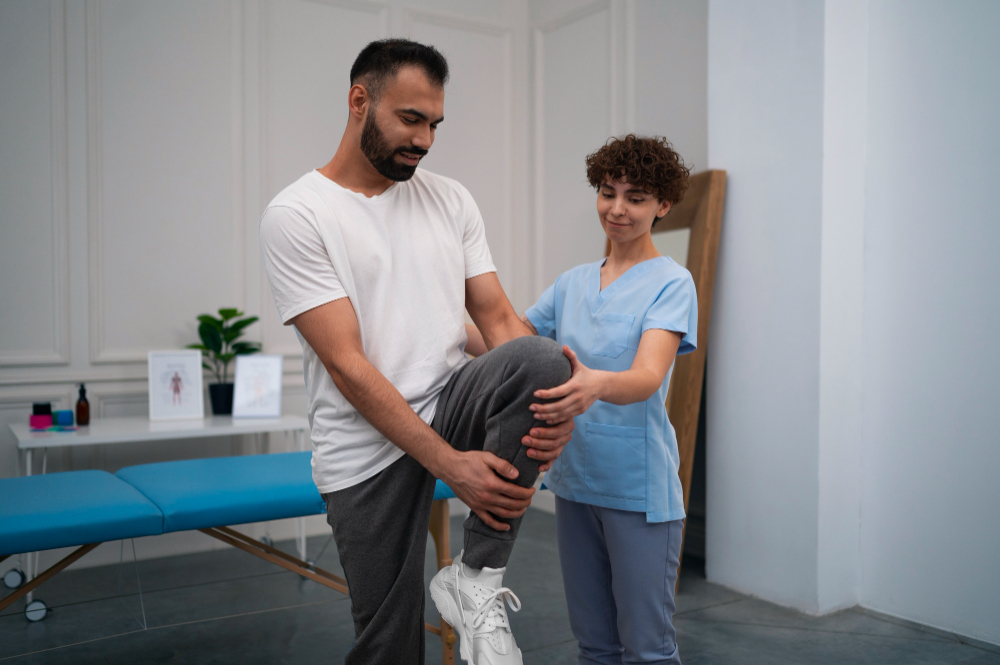
Hip fracture therapy
Expert Hip Fracture Rehabilitation for Golfers and Active Individuals At CMS Physiotherapy, we understand how devastating a hip fracture can be, especially for active individuals like golfers. Whethe..
Read More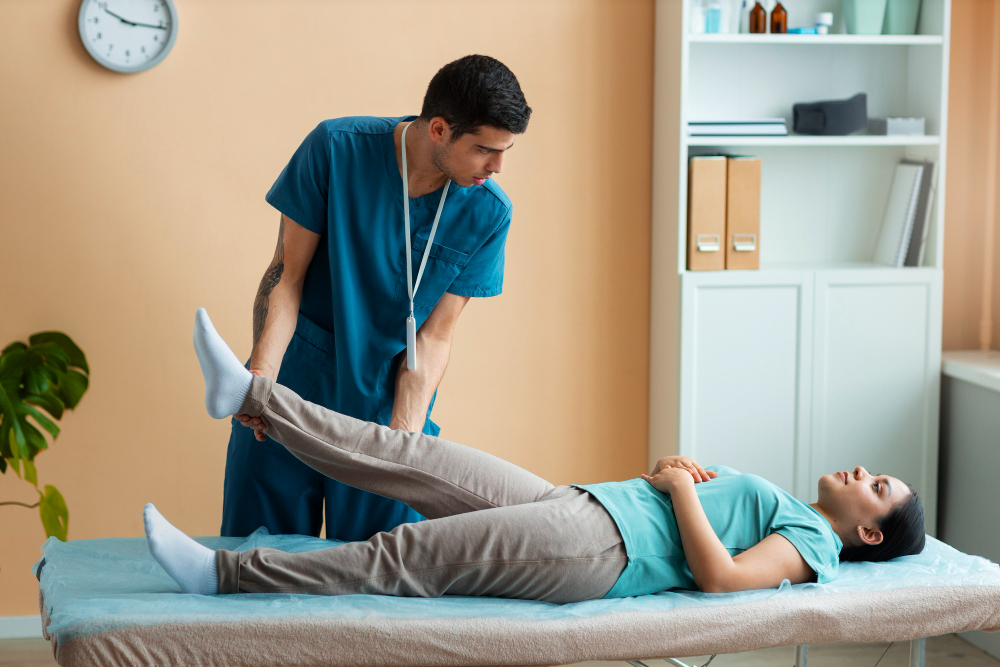
Scoliosis Physiotherapy
At CMS Physiotherapy, we offer expert physiotherapy care for individuals dealing with Scoliosis – a condition where the spine curves sideways, often affecting posture, movement, and confidence. Whet..
Read More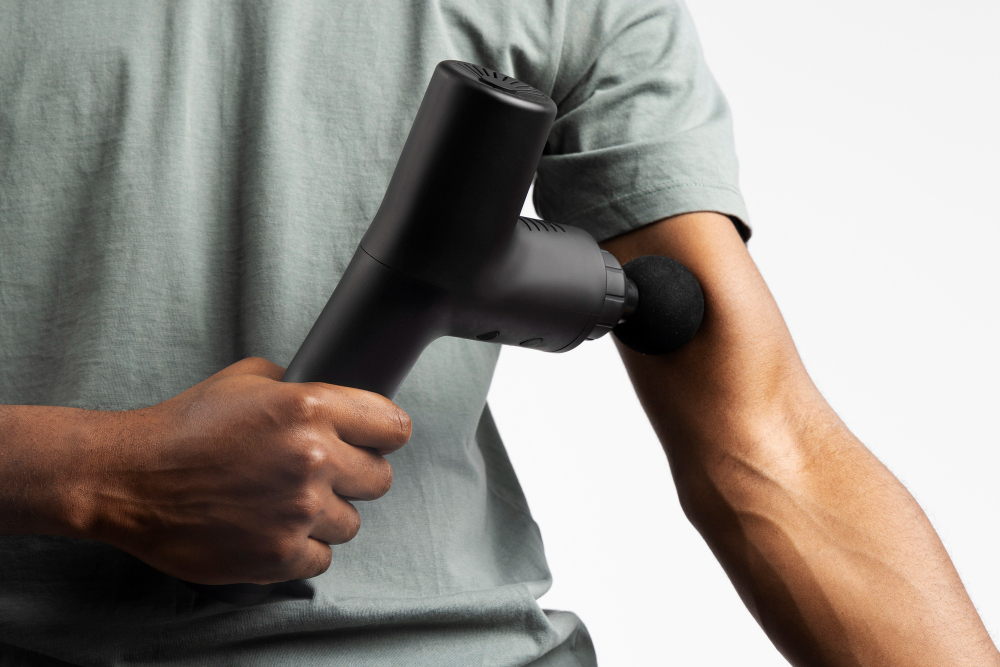
Golfers elbow treatment
At CMS Physiotherapy, we specialize in treating Golfer’s Elbow (Medial Epicondylitis), a condition that causes pain and inflammation on the inside of the elbow. Although it is commonly associated wi..
Read More
Neuro Physiotherapy
Neuro physiotherapy is a specialized branch of physiotherapy that focuses on the assessment, treatment, and management of individuals with neurological conditions. These conditions arise from damage t..
Read More
Cardio-Respiratory Physiotherapy
Cardio-respiratory physiotherapy is a specialized branch of physiotherapy that focuses on the prevention, rehabilitation, and management of conditions affecting the heart, lungs, and respiratory syste..
Read More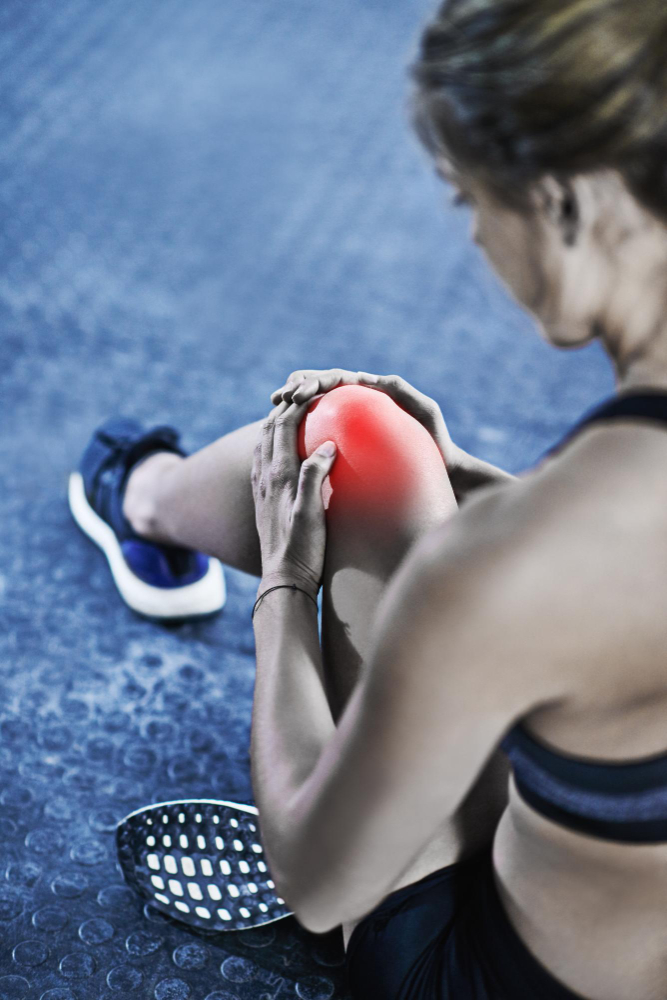
Tennis elbow
At CMS Physiotherapy, we specialize in the treatment of Tennis Elbow (Lateral Epicondylitis), a painful condition that affects the tendons on the outside of the elbow. While it’s commonly associated..
Read More
Planter faciitis
At CMS Physiotherapy, we offer specialized treatment for Plantar Fasciitis – one of the most common causes of heel pain. Our goal is to reduce inflammation, relieve pain, and restore mobility throug..
Read More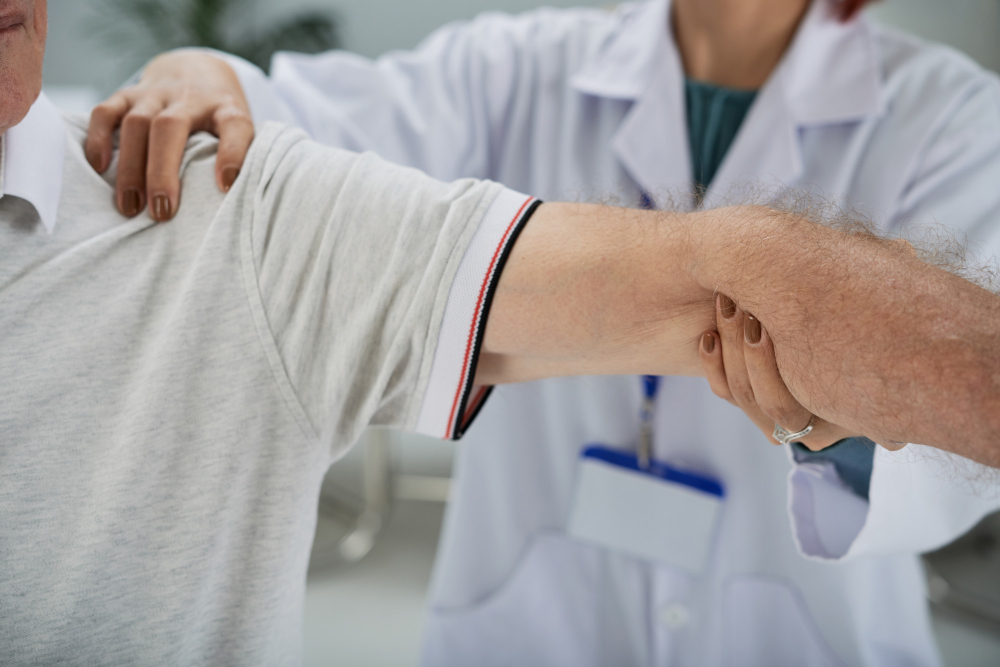
Carpal tunnel syndrome
At CMS Physiotherapy, we specialize in treating Carpal Tunnel Syndrome (CTS), a common condition that causes numbness, tingling, and weakness in the hand and wrist. CTS occurs when the median nerve is..
Read More
Cupping Therapy
Cupping therapy is a traditional alternative medicine practice that involves placing cups on the skin to create suction. This suction is believed to help with pain, inflammation, blood flow, relaxatio..
Read More
Physiotherapy
Physiotherapy, also known as physical therapy, is a health care profession focused on the assessment, diagnosis, treatment, and rehabilitation of physically impaired or disabled patients. Physiotherap..
Read MoreHeat and Cold therapy
Heat & Cold Therapy: When & How to Use Them Heat therapy (thermotherapy) and cold therapy (cryotherapy) are simple but effective treatments for pain relief, inflammation control, and injury recovery...
Read More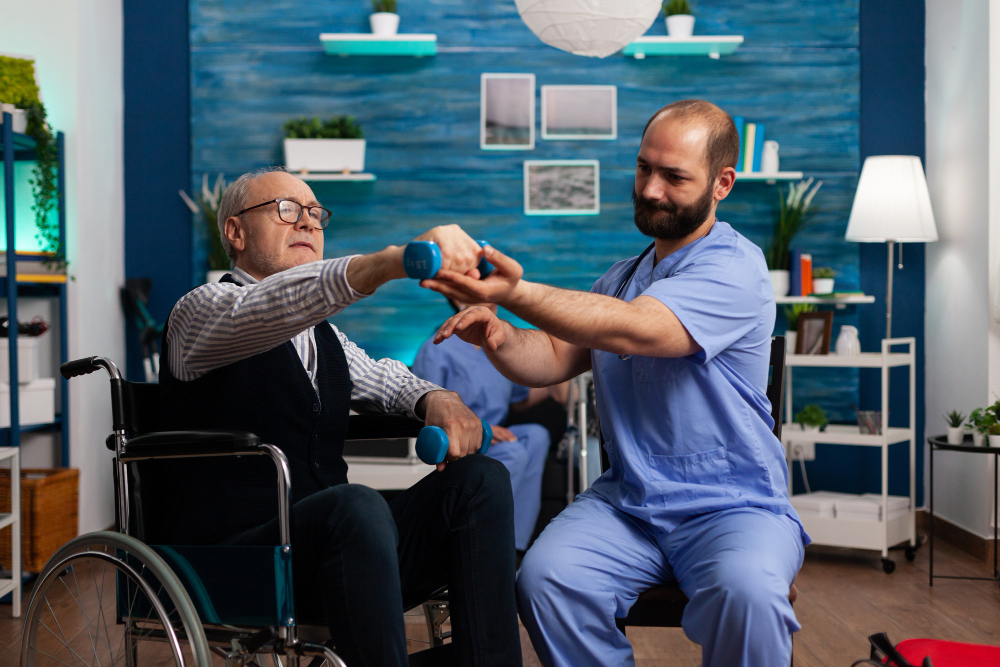
Stroke Physiotherapy
At CMS Physiotherapy, we specialize in stroke rehabilitation, providing expert care for individuals recovering from a stroke. A stroke can affect movement, speech, and daily functioning, but with the ..
Read More